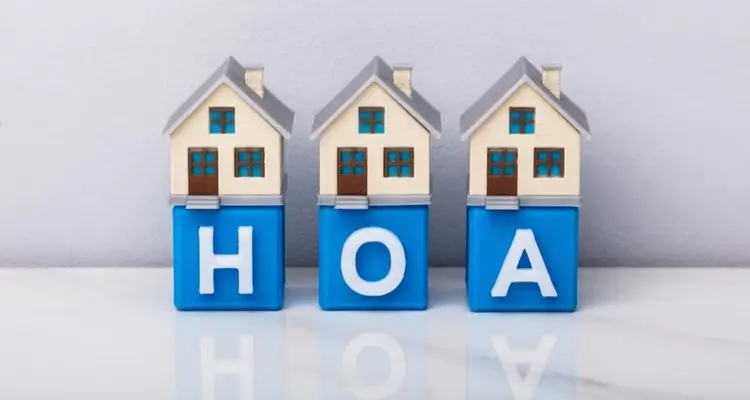
If you’re shopping for a mortgage, undoubtedly you’ve heard the term adjustable-rate mortgage, or ARM as they are commonly referred to.
The most common type is a 5/1 ARM, which has a low fixed-rate for the first 5 years and then adjusts annually afterward.
This article focuses on adjustable-rate mortgage loans, how they work, and who should get them.
Rate Search: Check Today’s Mortgage Rates
What is an Adjustable-Rate Mortgage Loan?
When you get a mortgage loan you will need to select the loan term. An adjustable-rate mortgage loan has an initial rate that is very low for a fixed period of time that will adjust afterward depending on the prime rate.
For obvious reasons, a fixed-rate mortgage loan is the most common type of mortgage term used, more specifically a 30-year fixed-rate mortgage.
How do Adjustable-Rate Loans Work?
With an adjustable-rate mortgage loan, you can anticipate that your mortgage rate and payment will increase after the initial low rate period is up. The most common type of adjustable-rate loan is the 5/1 arm. The initial rate locked in for a period of 5 years, then it adjusts each year after that.
ARM vs. Fixed-Rate Mortgage Loans
The difference between adjustable-rate and fixed-rate loans is not complex. An ARM has an interest rate that changes over time, while a fixed0rate loan has a locked-in interest rate and monthly payment for the life of the loan.
Who Should Get an Adjustable-Rate Mortgage?
The arguments against getting an adjustable-rate mortgage loan are pretty clear. If you can lock in historically low-interest rates for the life of the loan, odds are that you shouldn’t hesitate to do so. But there are some situations in which opting to go with an adjustable-rate loan is the superior loan term option.
You plan on staying in the home for less than 5 years
If you plan on living in the home for a short period of time, like less than 5 years then getting an ARM loan on the property makes the most sense because it will have the lowest interest rate.
If you prefer to not have the home for more than 5 years but are unsure then you should go with a fixed-rate mortgage. So in the event, your plans change, you can extend your stay in the home without having to worry about your rate or monthly payment increasing.
Your interest rate is unusually high for a reason outside of your control
Your interest rate plays a huge role in the interest rate your get on a mortgage loan. If your credit score is unusually low, or other key factors in application cause your mortgage rate to be significantly higher, it can cause you to be approved for the house you want.
Getting an adjustable-rate loan in this scenario will help you get a[proved for the house you want, at a decent interest rate while you work on improving your credit score to refinance into a loan with a lower fixed-rate.
Adjustable-Rate Mortgage Pros and Cons
Pros
- Low-interest rate in the introductory phase – During the initial phase where the rate is locked in you will save quite a bit in interest.
- Rate and Payment Caps – The interest rate and monthly payment have a cap on the amount each can increase so you have some security in knowing that the costs will not spin out of control
- The interest rate could go down – If interest rates fall, as they have recently then when your rate is set to adjust it could actually go down.
- Refinance at any time – Adjustable-rate mortgage loans aren’t forever. You can refinance your ARM any time you feel the need to. If rates do go down you can refinance into an even lower fixed-rate mortgage.
Cons
Uncertainty – The uncertainty around whether if your payment or interest rate is going to increase drastically is enough for many people to opt for the peace of mind that comes with a fixed-rate mortgage.
Your payment may increase – If your interest rate increases then your monthly mortgage payment will increase along with it.
Pre-payment Penalty – Some lenders charge a few when you pay off your mortgage loan early, this is known as a pre-payment penalty.
Adjustable-Rate Mortgage Examples
- 10/1 ARM Mortgage: Fixed rate for the first 10 years of the loan then the rate will adjust annually every year after that.
- 7/1 ARM Mortgage: Fixed rate for the first seven years of the loan adjusting annually in the eighth year.
- 5/1 ARM Mortgage: Fixed rate for the first five years of the mortgage loan, adjusting annually after that.
- 1-Year ARM Mortgage: the rate is fixed for one year then adjusts annually up to any caps.



